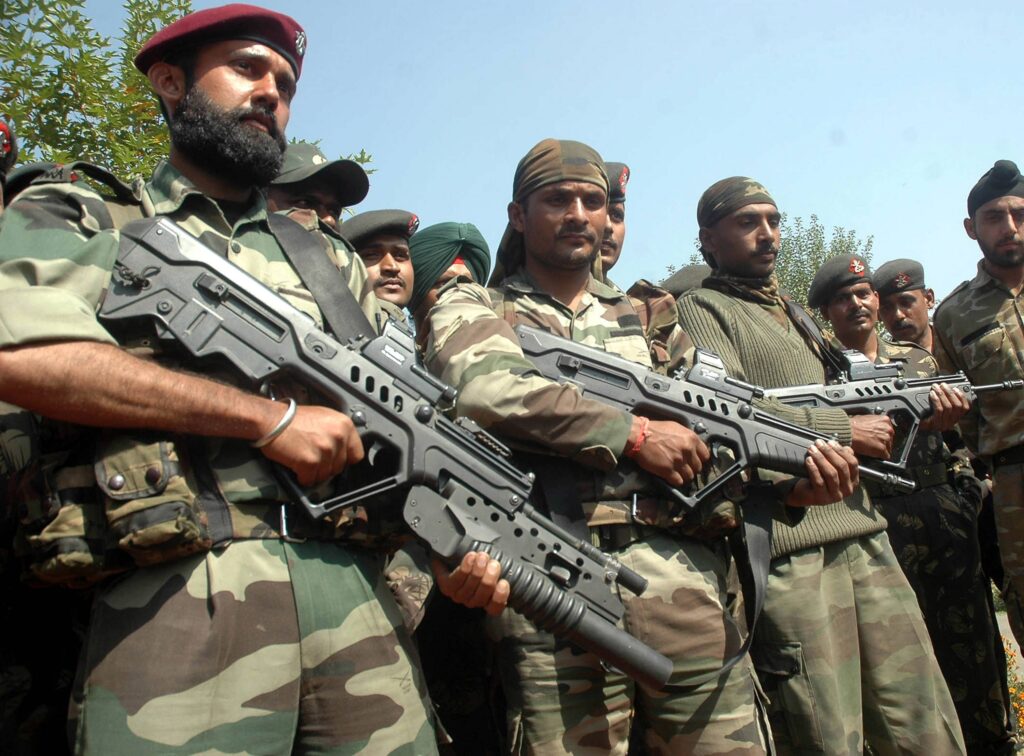Armed Forces Special Power Act.1958
- The State of Mizoram Act, 1986 (34 of 1986).
- The State of Arunachal Pradesh Act, 1986 (69 of 1986).
- The Armed Forces (Assam and Manipur) Special Powers (Amendment) Act, 1972 (7 of 1972).
- The Armed Forces Special Powers (Extension to Union Territory of Tripura) Act, 1970.
- The Repealing and Amending Act, 1960 (58 of 1960).
When the CM of Manipur called the press conference, there were many female journalists asked questions regarding the human rights and sentiments of Manipuri women. Women participation is seen everywhere small businesses to big government offices.
A group of women gave slogans like ‘’we want freedom’’ that they consider the Indian army took away their basic rights, and they want to be free from that kind of militarization in every part of Manipur.
Many women came up with a hunger strike until they remove the Indian army from Kangla and repeal AFSPA from Manipur, one of them is Irom Sharmila, and she had been fasting for the last 16 years, protesting for the repeal of AFSPA 1958.
Members of Pressure groups, women entrepreneurs, senior citizens, and college teachers came out to protest against the AFSPA, and gave a strong statement about the situation in Manipur ”They(Indian Army) killed many women and husbands in front of their kids…it’s a usual thing in Manipur…we want to repeal AFSPA’’, and one of the women continued ‘’the one who died is a woman the one who is fasting is also a woman, the one who is protesting is also women”, their voice continued ‘’ the state government is unable to communicate the center….in a democratic country they can’t suppress our
voice’’.
Defying curfew thousands of women mourners came to pay tribute to Th. Devi on completion of her demise. Women led the customs and rituals of showing respect in the deceased final funeral process.
On 24th August.2004 they got one of their demand that the CM of state announced that ‘’The Imphal Municipality are covering seven constituencies from today will not come under the AFSPA 958, though Central government is not ready to fully withdrawal of AFSPA.
The most fascinating scene about women in the movie is that one of the brave women stands with a strong voice and challenges the Indian army with her words ‘‘We are not like you who leave your wife for three years after marriage, happily claim the child, we are not like your wife, kill us rape us we are all Manoroma’s Mother’’. They challenge anybody who dishonors their basic rights. Local women’s bodies called ‘ApunbaLup’ have even proposed to ban Indian-made goods. ApunbaLup, a parent organization of the 32 organizations spearheading the agitation calls for Torch Rally at night to give more teeth to the demand of lifting AFSPA. From this rally, we can also understand power and willingness of participating in movement in socio-political crisis, and in that torch rally, many women’s organizations from hills to valley came out and give agitation the Manipur government for the removal of AFSPA. They challenge the almost three-decade law.
On 31st Dec 2004, Union Minister of Home Affairs Prakash Jaiswal proclaimed in the press conference to shift the 17th Assam Rifles from Kangla Fort. This achievement gives us the clear concept that women have power to organize mass movements and play a strong role in the political decision. Even though there were many complexities within the Manipur women’s society, they came together under one identity as women, and they achieved their demand within 20 days from the central government that they removed AFSPA from seven Municipal constituencies of Imphal after more than 24 years of atrocities. They even challenge the central government that they will continue fighting until the Act is completely removed from the state of Manipur.
Women’s role in customary law and traditional values, Haobam Kumar, the director of the movie put up that they can perform and join many ritual and traditional activities like men such as funeral processions, and read the religious scripts for the decease. Different women from different faith came together and gave their religious prayers which shows the equality of women in society. There are no gender biases, and they have equal opportunity and power in society as men.
Maibam Warish is a Post-Gratute scholar pursuing his Master’s in International Relations, specialization in West Asian Studies, Jamia Millia Islamia, New Delhi. His field of interest includes geopolitical conflicts, India’s West Asia Relations, Energy security, Internal Security Challenges, changing power dynamics in the West Asian region, Israel’s politics, and the issues related to democratization in the region.




